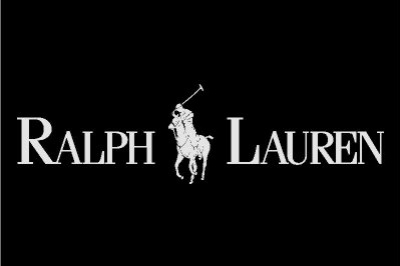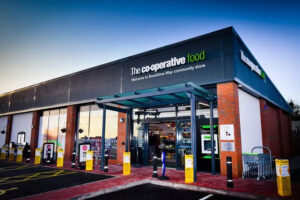Ralph Lauren realizes sustainability gains
The company has worked hard to shift its product transportation from air – an emissions-intensive mode of transportation – to other modes of transport such as ocean and rail. As a result, since fiscal 2009, the company has reduced its global air mix by more than one-third.
Ralph Lauren also has explored intermodal alternatives to optimize service from its distribution centers to stores that are particularly distant. “Instead of shipping via air direct to certain stores, the team designed an intermodal solution using a mix of consolidated truckload and ocean freight. The successful implementation resulted in a more than 90 percent decrease in our emissions for those shipments, avoiding an estimated 3,500 metric tons of CO2 through fiscal 2014,” the company said in the report.
Through the use of intermodal solutions, the company avoided emissions equal to CO2 emissions from 390,000 gallons on gasoline, according o the report.
Ralph Lauren is also collaborating with other shippers and logistics providers to encourage and contribute to industry innovation and improvement. Beginning in 2009, the company partnered with container ship carriers through Business for Social Responsibility’s Clean Cargo Working Group (CCWG), which is dedicated to improving the environmental performance of ocean container transport through measurement, evaluation, and reporting.
Shipper and carrier members share best practices and work together to set industry standards for environmental reporting. CCWG provides carbon accounting methodology that results in industry-best carrier-specific carbon accounting for ocean transport. “Since 2011, 100 percent of our ocean carrier partners have been CCWG members,” Ralph Lauren reported. The company is also transitioning to higher quality and space-efficient cartons, which enables it to ship the same volume of product in less space, reducing overall shipment size.
Energy efficient practices have also been implemented at many company buildings. Since 2002, Ralph Lauren has integrated energy management systems (EMS) into approximately 40 percent of its retail stores. “These are computer-based systems that allow us to remotely monitor, control and optimize lighting, heating, ventilation, air conditioning, and other electrical systems in our stores,” the company wrote I the report. “Use of EMS enables us to save energy by adjusting lighting and temperature levels in line with store needs. “
After receiving its first silver LEED certification in 2011 for a new Polo Factory Store in Leeds, Ala., the company opened a LEED store in Livermore, Calif., and is currently seeking LEED Silver certification for the store.
The company has recycling practices in all of its corporate offices and its North Carolina distribution centers. Ralph Lauren began a company-wide toner cartridge recycling program in 2009 and has since recycled more than 17,000 toner and ink cartridges.
Recycled content in its own products has increased from 31 percent in 2010 to 80 percent in 2014, however that is a slight dip from the 84 percent the company achieved and reported in both 2012 and 2013.




